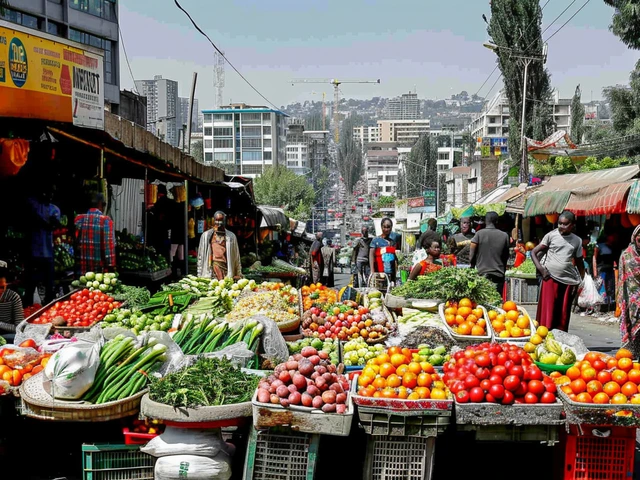Ethiopia Culture: How Money, Work, and Life Connect
Curious about how people really live and work in Ethiopia? Culture here isn’t just about music, food, or languages—it’s tied deeply to jobs, money, and the choices folks make every day. If you’re hoping to work in Ethiopia, invest, or just want to understand what it’s like for the average person, you’re in the right spot.
First things first: Ethiopia's economy keeps changing. For many, agriculture isn’t just the past, it’s still the backbone. Walk around rural villages or buzzing city markets, and you’ll see families growing coffee, selling produce, or starting small businesses. Sure, tech startups and urban industries are on the rise, but tradition and modern hustle go hand-in-hand here.
Salaries and the cost of living aren’t one-size-fits-all. In Addis Ababa, some people chase high-paying jobs in tech or management. Others work as teachers, pharmacists, or entrepreneurs. Across the country, wages change based on what you do and where you live. Housing costs can eat into paychecks quickly in the city, while rural areas remain more affordable, though jobs might pay less. It’s a trade-off folks weigh every day.
Curious about wealth in Ethiopia? The gap between rich and poor is obvious in the city skyline: giant towers next to crowded neighborhoods. Still, new millionaires are coming up—some from tech, others from agriculture or family businesses that pivoted just in time. Articles on the wealthiest Ethiopians aren’t just gossip—they show how business, education, and a bit of luck create big shifts in lifestyle.
The cultural landscape shapes who gets hired and where. Languages matter a lot. Speak Amharic or Oromo and you’re already a step ahead in many jobs. Know which region you want to work in? Learn the local language. Employers notice, and so do clients. It’s not just about a diploma or what’s on your resume—relationships and trust count for a lot.
Thinking about remote work or earning online? People in Ethiopia have started teaching, freelancing, and selling products online. Even though not all payment platforms are available—PayPal, for example, still isn’t fully rolled out—locals get creative with alternatives, making global income possible.
Daily life is shaped by cultural expectations too. Harmful traditions sometimes slow progress for women and young workers, but things are shifting. Schooling, especially for girls, is getting more support, and more voices are speaking up for fair pay and new opportunities.
In short, Ethiopia’s culture shows up in every job interview, rent negotiation, and investment pitch. Knowing how these traditions mix with today’s money realities gives you a serious edge—whether you’re job hunting, planning a business, or just keen to fit in and thrive.





